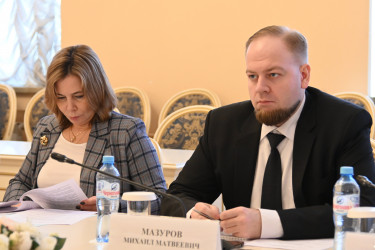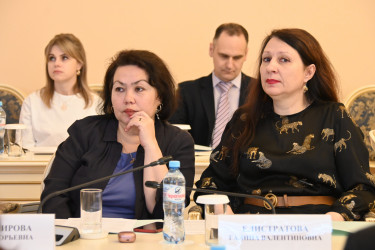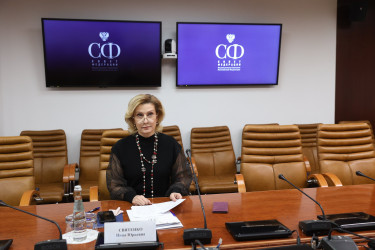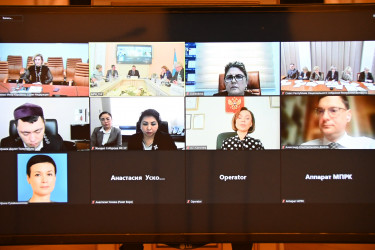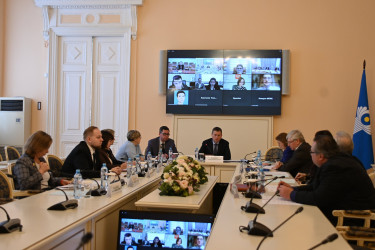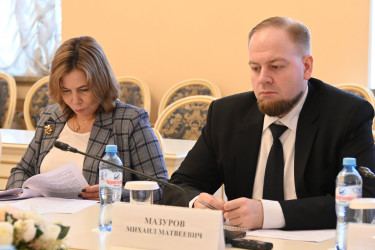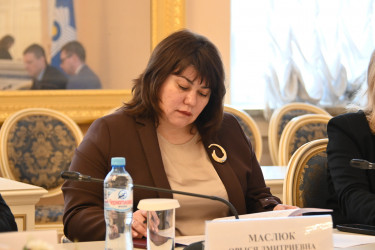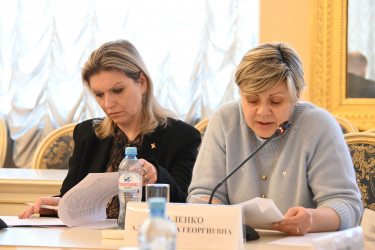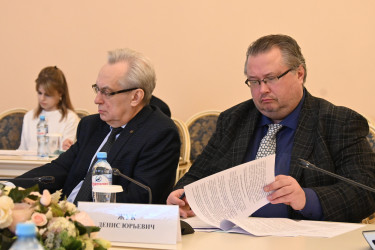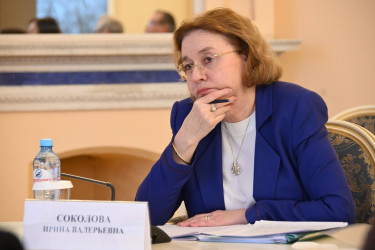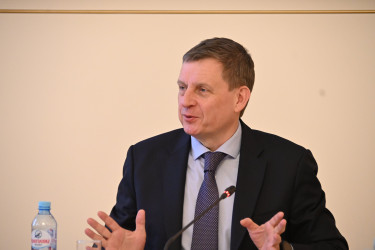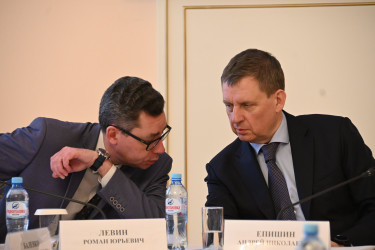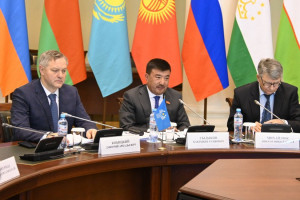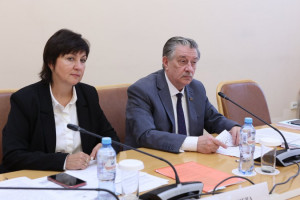Model Law on Platform Work Prepared in IPA CIS
08 April 2024
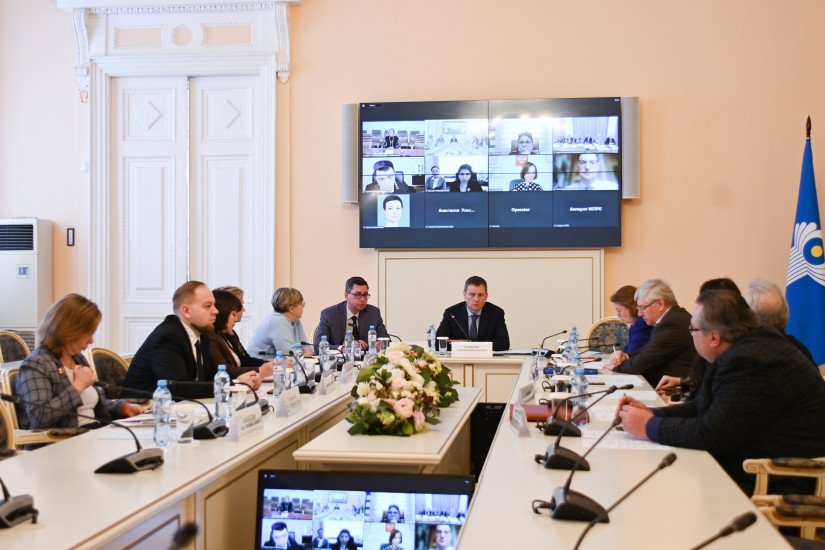
The meeting of the working group on the development of the draft Model Law on Platform Work was held at the headquarters of the CIS Interparliamentary Assembly. The experts considered the peculiarities of the formation of the new legal space for the participants of this model.
The meeting was chaired by Deputy Chair of the Committee of the Federation Council of the Federal Assembly of the Russian Federation on the Budget and Financial Markets, member of the IPA CIS Permanent Commission on Economy and Finance Andrei Yepishin.
Deputy Chair of the Federation Council of the Federal Assembly of the Russian Federation Inna Svyatenko gave a welcoming speech via video-conferencing. According to her, the number of people in platform employment is growing every year, especially among young people, parents with young children, and people with disabilities.
Partner and Head of the infrastructure practice and the PPP JSC “Best Choice”, Secretary of the working group Alexander Dolgov, informed the participants of the meeting about the progress of work on the draft Model Law on Platform Work. According to him, one of the main issues is the definition of the terms “platform work” and “self-employment”. In the course of the additional expertise the expanded composition of the working group will have to solve a number of other issues such as recording of the migration flows and status of the self-employment.
Deputy Secretary General of the IPA CIS Council – Plenipotentiary Representative of the Federal Assembly of the Russian Federation Irina Sokolova emphasized in her speech that self-employment and platform work are not regulated in the model legislation of the CIS countries at the moment and stressed the importance of studying out of the social guarantees for platform workers, possibly on a voluntary basis.
At the end of the meeting Andrei Yepishin noted that digital platforms are now confidently integrating into the economies of countries, gaining more and more popularity. However, the parliamentarian added, most CIS countries lack full-fledged legal regulation of these labour relations. Moreover, labour mobility between the CIS countries also increases the need to harmonise the legislation of the states in this area.
The working group included parliamentarians from Belarus, Kazakhstan, Kyrgyzstan, Russia, Uzbekistan and Tajikistan as well as representatives of trade union organizations and relevant (special) institutions.
The next meeting is scheduled for autumn 2024.


